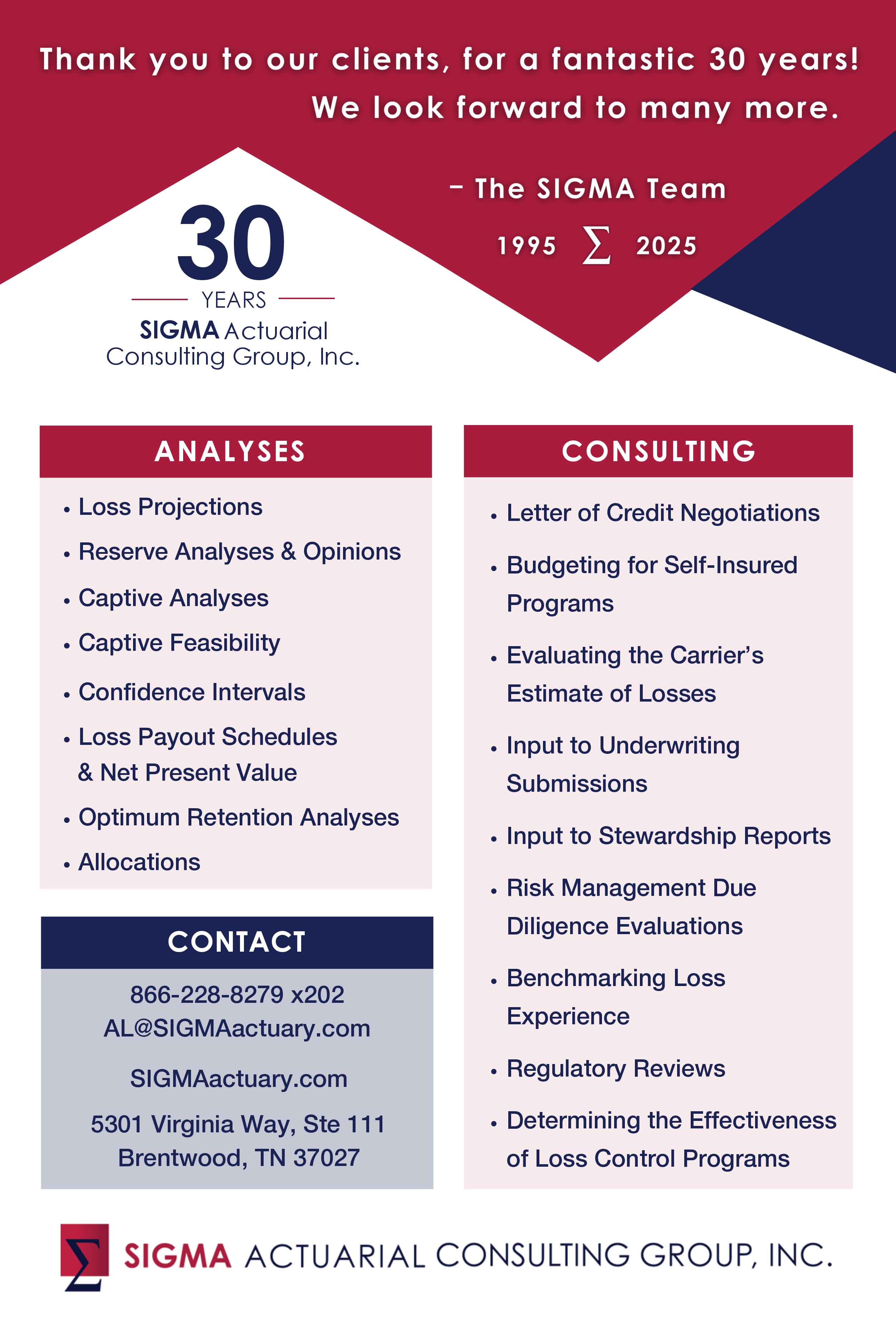Governor of Vermont Peter Shumlin is to sign new legislation passed in the 2015 session strengthening the state’s captive legislation in a variety of areas including changes to the investment guidelines to allow marketable securities along with cash, trusts and letters of credit to meet the minimum capital requirement.
Shumlin will hold a ceremonial signing of the bill alongside captive insurance industry professionals on 7 May in Burlington, Vermont.
“These improvements in Vermont’s law may seem technical, but taken as a whole they continue to advance Vermont’s standing as the ‘gold standard’ for domiciles and will provide greater flexibility and clarity going forward for our companies,” he said.
Expanding the investment guidelines for the minimum capital requirement is a significant change that has already attracted state representatives have called “considerable interest”.
This change is consistent with current investment guidelines for Vermont’s traditional insurance companies and will increase the liquidity options for companies.
The new law also modifies the minimum capital for cell companies from $500,000 to $250,000, which is also consistent with the current marketplace.
It also adopts the National Association of Insurance Commissioners (NAIC) governance standards for risk retention groups (RRGs) and portions of NAIC Protected Cell Company Model Act.
“The legislation makes Vermont’s captive law more attractive and sends a strong message to the industry that we are committed to our leadership role,” commented David Provost, deputy commissioner of Vermont’s captive division.
Richard Smith, president of the Vermont Captive Insurance Association, which lobbied for the changes, added: “We’re delighted to have the continued support of the governor and the legislature in keeping pace with the changing needs of the industry.”
“We’re especially proud to implement the new investment guideline for minimum capital requirements making Vermont the first domicile to do so.”
The law takes effect upon passage, except the additions regarding the governance standards applicable to RRGs.
These standards will apply to entities first licensed on or after the effective date of the act, and shall apply to all other RRGs one year after the effective date, in order to give time for compliance.
Guy Ragosta, CEO and partner of JLT Towner Insurance Management added: “As always, the Vermont legislature and the governor responded to the captive insurance industry with common-sense adjustments to captive law.”
“The surplus requirements for cell captives are now in line with industry norms, and the technical corrections add flexibility for companies domiciled here and for those considering Vermont.”
Vermont has also lowered from three to one the number of individuals required to sign a captive's incorporation papers, and added a requirement that incorporated protected cells have their own distinct names and designations.






